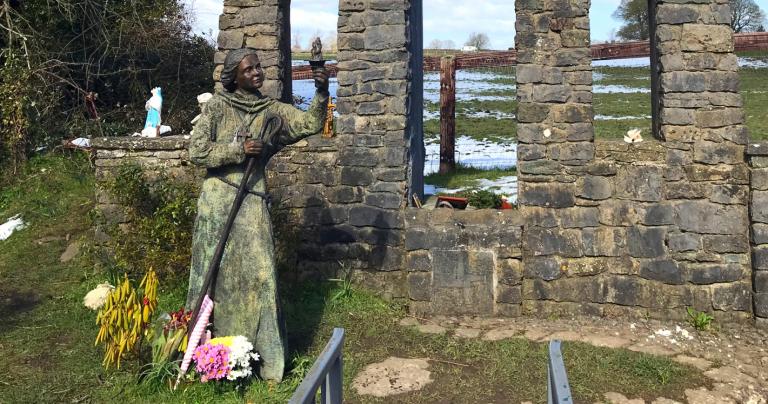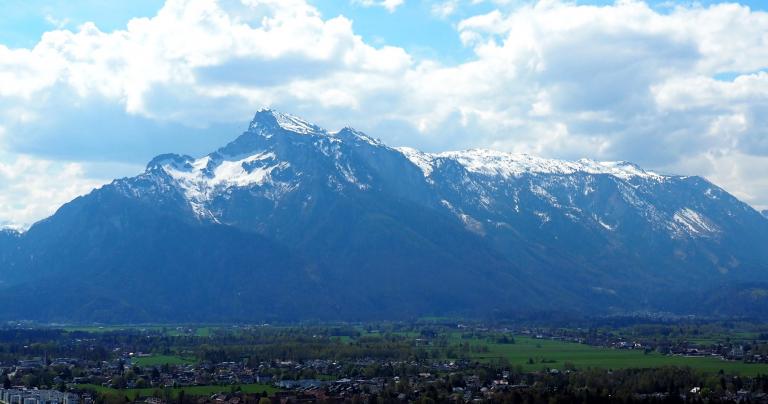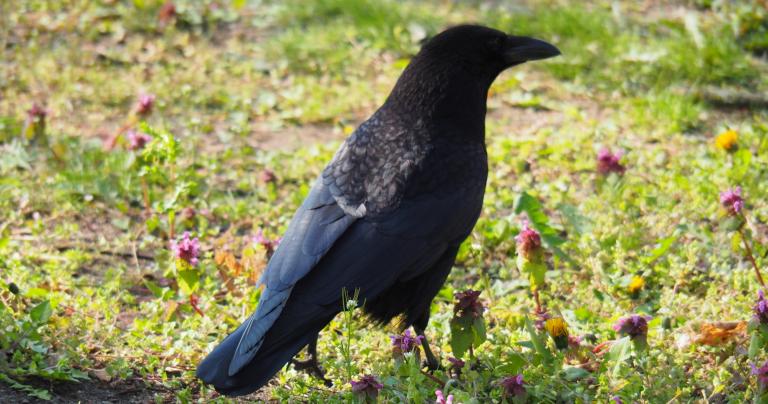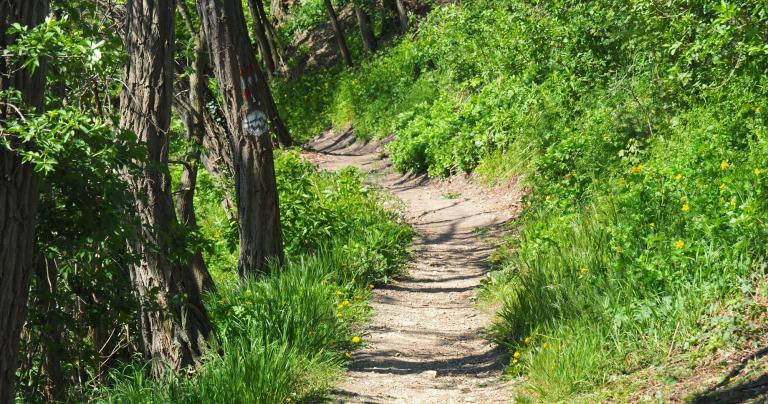Modern Pagans have no creeds. The Charge of the Goddess comes close, but it’s still more about what Wiccans do than what Wiccans believe. And most polytheists see it as not particularly relevant to our traditions.
We don’t have creeds because we don’t need them.
The idea that religion is mainly about what you believe is a modern, Western, Protestant idea. For most people in most of the world for most of history, religion was and is about what you do, who you are, and whose you are. If you attend a ritual I’m leading and you pour an offering to Brighid, I’m not going to ask if you believe you’re offering to the Goddess, to the saint, to an aspect of a Great Mother Goddess, or to a metaphor for smithcraft, poetry, and healing. What matters is that you’re pouring an offering to Brighid.

Still, if you make your Paganism known, it won’t be long until someone asks “so, what do you believe?”
As much as I try to explain that Paganism is about actions and relationships, some people keep coming back to belief. I ignore those who are being aggressive or malicious, but some people are genuinely trying to understand me. The problem is that they’re insisting on understanding me on their terms and not on mine.
You don’t owe anyone an explanation of your religion, and you certainly don’t owe them an explanation on their terms. And likewise, nobody owes you an explanation on your terms – something to keep in mind, especially when you’re dealing with people from other cultures.
But if people have a sincere curiosity (i.e. – they want to learn for the sake of knowing, not to get ammunition for proselytizing), I want to do my best to help them learn. And sometimes explaining things on their terms helps them begin to understand that we have different foundational assumptions that are neither right nor wrong, only different.
This is what I believe. Your creed – should you choose to write one – will be different. Different is good. Too many differences and we may not be able to worship together – differences matter. But we can still live together in peace and honor… and we must.
This is my creed for non-creedal Pagans.
The First Principle
I believe that how we live and how we treat others is infinitely more important than which supernatural propositions we accept and which we reject.
Who and What We Are
I believe what we are in this life is the interaction of an immortal spirit, a mortal body, and the environment in which we live. I believe the essence of who we are is immortal and lives on after death.
Nature
I believe that humans are a part of Nature. Not its head and not its center, but one part among many.
I believe that Nature is beautiful and terrible, life-giving and life-taking. And I believe the world is not fallen – Nature is good.
I believe that other species, ecosystems, and natural forces are not things but persons, each with their own inherent dignity and worth that is not based on their usefulness to humans. I believe they have the right to autonomy, collectively if not always individually.
I believe the diversity of Nature extends to individual persons, and so each person has the inherent right to live their lives and to fully participate in society as they see fit, regardless of any attribute, identity, or orientation.
I believe the pleasures of Nature, which among many include food, drink, and sex, are good and holy and should be enjoyed and celebrated. I believe that since our identities, orientations, needs, and preferences are individual and vary widely from person to person, we must take great care to involve others in our celebrations only with their willing and explicit consent.
The Gods
I believe that books are treasures, but if you want to find the Divine, put the books down, go outside, and listen.
I believe there are many Gods, who are the mightiest of spirits, who are individuals with Their own sovereignty and agency, who exist independently of human minds and cultures. I believe the Gods are always virtuous but Their virtues are not always centered on human needs and desires.
I believe the Gods will speak to us – though usually not audibly – if we are willing and prepared to hear Them. I believe They can speak to us in more dramatic fashion, though They rarely choose to do so.
Magic
I believe that magic is real. I believe it influences events rather than controls them, so we should choose our targets carefully and with due regard for the limitations of our own power and strength. I believe magic works by right action and not by right belief – intention alone is of little value.
Human society and relations
I believe that hospitality and reciprocity are the greatest of the many virtues, for it is through their expression that just and compassionate societies are built. Whatever else they may be, tangible offerings to Gods and to other persons both embodied and not are a demonstration of our commitment to hospitality and reciprocity.
I believe we owe a debt of gratitude to our ancestors of blood and ancestors of spirit, those whose children we are and on whose foundations we build. Without them we would not be, or we would be less than what we are. Some day we will be ancestors – I believe we should live so as to be worthy of the honor of those who come after us.
I believe the individual and the community are both essential to a meaningful and sustainable life, and neither can be valued above the other. I believe we all have an obligation to support our communities, and communities have an obligation to support every individual within its reach.
Religions
I believe the world’s many religions are neither right nor wrong, nor are they all the same at their core. They are different responses to different experiences by different people living in different places and different times. They ask different questions and propose different answers.
I believe we should judge all religions – including our own – by how they inspire their followers to live in harmony with themselves, other people, other cultures, and with all of Nature.
I believe that without spiritual practice and tangible action, beliefs are of little value to ourselves or to others.
Uncertainty, Application, and Flow
I believe we must draw clear lines between what we know is true and what we believe is true, and we must accept the inherent uncertainty of religious questions. I believe the best response to uncertainty is a dedication to explore the matters in question as deeply as possible, in an atmosphere of humility, curiosity, and experimentation.
I believe that when we discover or are presented with clear evidence that our beliefs are wrong, we must change our beliefs.
I believe that from these core beliefs flow secondary beliefs, philosophies, moral and ethical codes, and political orientations and policies. I believe that what is primary to me may be secondary to you, and vice versa. We need not and should not have identical creeds. Rather, all our creeds should lead us to live with each other with compassion and respect.
This I Believe
These are my core beliefs. Some are based on observation, some on intuition, and some on deductive reasoning. They’re not everything I believe and they’re not necessarily the most important things I believe, but they’re the first things I believe.
Should you write your own creed? If you like, but it’s not the most urgent thing in the world.
I do think we all need to be ready with an answer to the question “so, what do you believe?” – because in this belief-centric culture, that question will come. Give it some thought and decide in advance how you want to answer it. And remember that “I believe that what we do is more important than what we believe” is a perfectly legitimate answer.
This is my answer. This is my Pagan creed for non-creedal Pagans.



















